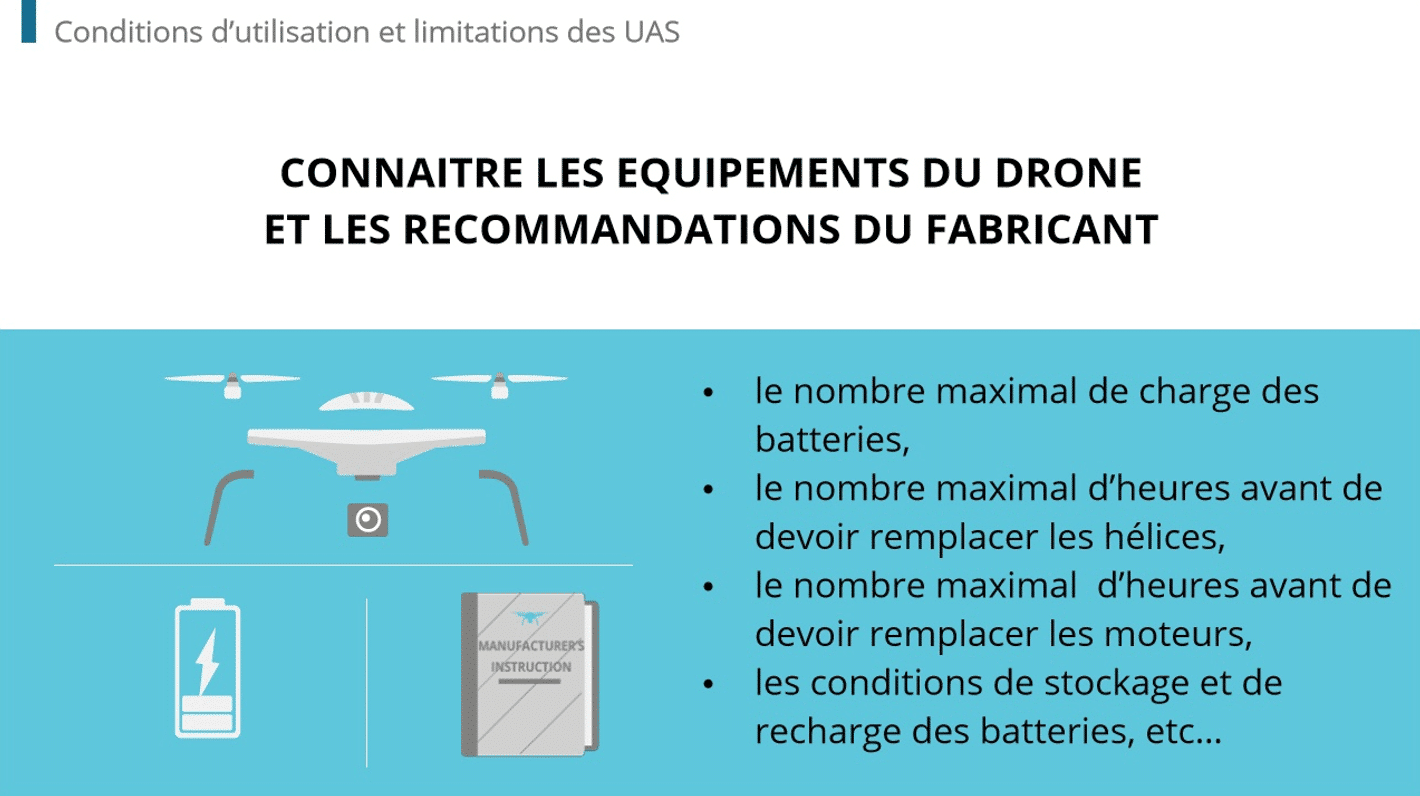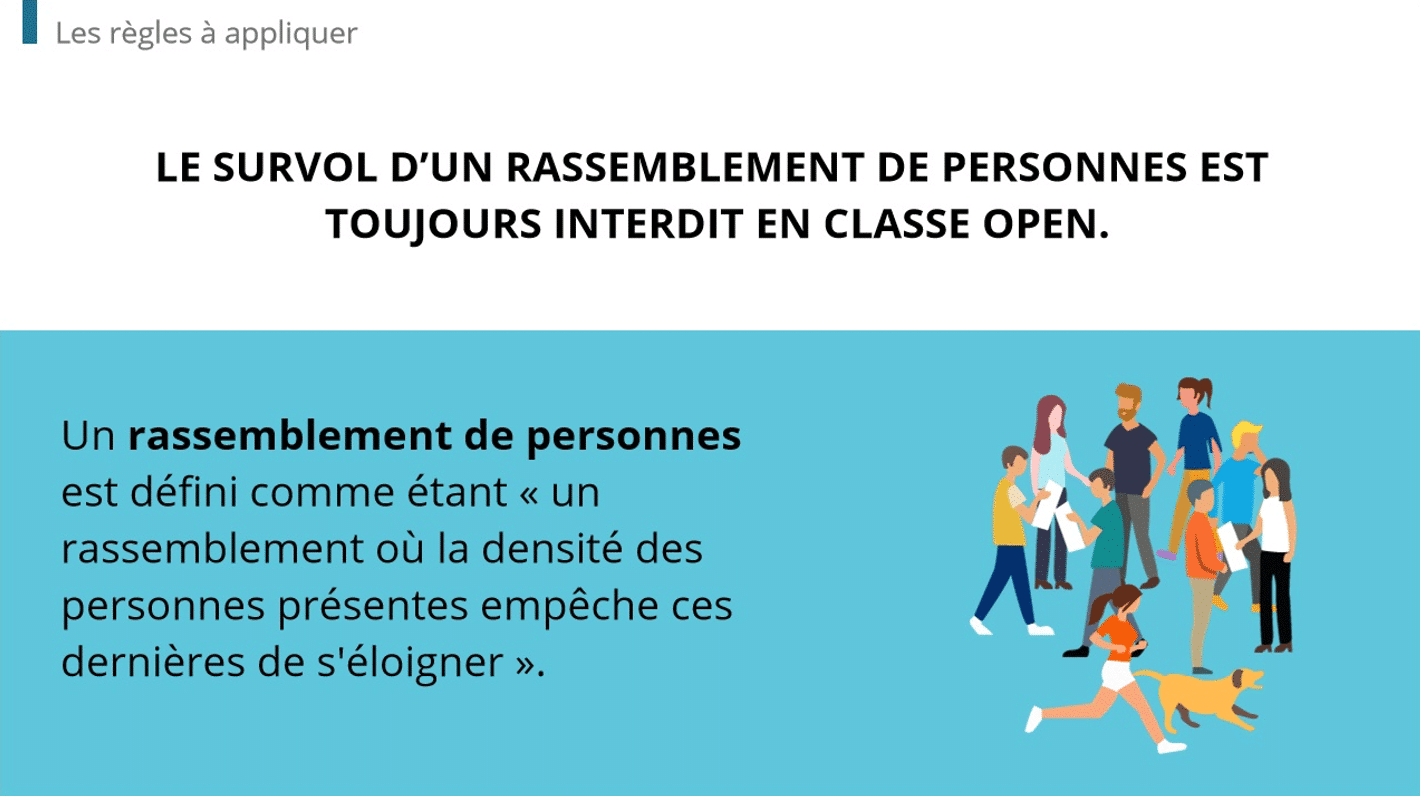The way medicine and nutrition science progresses is through clinical trials. This is an evidence-based methodology for evaluating the efficacy of pharmaceutical drugs and foods in relation to curing or preventing diseases. It’s no wonder then that these trial runs are on the rise. In fact, there are an estimated 454,000 registered clinical studies as of Mid-2023. With more trials comes the need for a more efficient way of conducting and documenting studies. This is where e-learning can become an invaluable tool if implemented the right way.
The advantages of e-learning in clinical trials
More clinics and manufacturers in the pharmaceutical industry are incorporating remote learning, and subsequently e-learning as part of their continuing education tools. That is called GXP Training. Consider these benefits of e-learning adoption.
1. Stay in compliance
Clinical trials and observational studies must abide by strict compliance procedures from regulating bodies. This includes the EU Clinical Trials Directive and UK Medicine for Human Use for UK-based studies. These guidelines are lengthy and formal reading material. E-learning provides HR with a more engaging way of educating researchers about procedural policy. With e-learning, convert the dry reading into more diverse media, such as:
- Text accompanied by images, memes, GIFs, etc
- Videos with clickable annotations
- Infographics
- Gamification, digital trophies, and scoreboards
2. Educate subjects about their participation
E-learning isn’t just for researchers. It can also be used as learning material for the participating subjects prior to their informed consent. The educational material can be accessed online with a complete breakdown of the following information:
- A detailed explanation of the experiment and what will be done to them
- Risks and possible side effects
- A reminder that they can withdraw at any time
- A reminder that their participation is voluntary
- Length of the study and total time commitment for the participant
- Confidentiality agreements
3. Better collaboration and understanding of roles and duties
More trials nowadays also take place simultaneously across counties and even countries in order to recruit a diverse demographic. Researchers may need to collaborate, share data, or share trial progress/updates in real time.
E-learning platforms are seldom standalone solutions. Often, they come packaged with other SaaS tools, such as cloud storage, collaboration tools, and data management systems. This enables clearer communication, especially in a remote environment. Researchers also have a better understanding of one another’s responsibilities.
4. Minimize professional patients
Also known as duplicate patients, professional patients are participants that volunteer for consecutive and even simultaneous trials at once. The reason is often for the compensation in exchange for their time. Professional patients can throw into question the validity of the results. These test subjects may also lie on their eligibility questionnaire.
As mentioned, e-learning tools are usually packaged with a data management system, which houses participant records. The system can immediately detect duplicate subjects. Furthermore, with evolving AI, the algorithm can flag participants who may participate using aliases or variations of their names.
The challenges of e-learning in clinical trials
With e-learning integration also come new challenges that need attention. Early adopters reported these common hurdles.
1. Researcher engagement
Even if completing an e-learning course is compulsory, it may not elicit full engagement. A remote learning environment may encourage students to put in a half-hearted effort. Examples include getting answers from another student, skim-reading the content, or rote learning for the sole purpose of completing the course. Ways to increase engagement include:
- Quizzes with limited retakes
- Switching quiz question orders between students
- Include quiz questions with open-ended answers
2. Subject engagement
There may also be a lack of engagement from volunteers if you employ e-learning for educating patients on the nature of their participation. As with researchers, volunteers may skim the material, perhaps skipping whole slides and modules just so they can confirm they completed the material. It’s commonplace for volunteers to raise questions in the middle of the trial over issues that are already explained in the course.
A possible remedy is to have a quick 5-10 minute course recap with the patients prior to the trial. This can double as a Q&A session where volunteers have in-person access to a researcher/moderator.
3. Frequent updates
Regulating clinical trial bodies frequently undergo updates. HR will need to make changes to the course when a standardized policy update goes into effect. This isn’t only time-consuming for HR but also for researchers who need to review the course updates in their own time. Constant review of procedure updates can hurt morale. One solution is to divide e-learning courses into modules. This way, minor changes will only require modifications and reviews of a single module.
Streamline clinical procedures with GxP Training solutions
Conducting clinical trials requires painstaking steps to ensure protocol is followed to the letter. There are no shortcuts, but the process can be made more manageable with e-learning solutions like Dokeos. Our LMS is among the few to integrate The European Medicines Agency (EMA) and The Food and Drug Administration (FDA) regulations into our system for succinct and direct compliance.
Dokeos offers a sophisticated, highly functional LMS to help you build a tailored healthcare, pharmaceutical and life science continuing education program for your employees. Our LMS will take you through a simple step-by-step building process so that you can get up and running in no time. With Dokeos LMS, create training and courses that ensure new and seasoned employees alike apply their training to the highest professional standards.
If you don’t want to create your own training courses, turn to GxP Training! At GxP Training, we offer an extensive catalog of turnkey online GxP training courses, such as good distribution practices, introduction to good manufacturing practices (GMP) and corrective and preventive action (CAPA) training. For more information, please contact us!
















